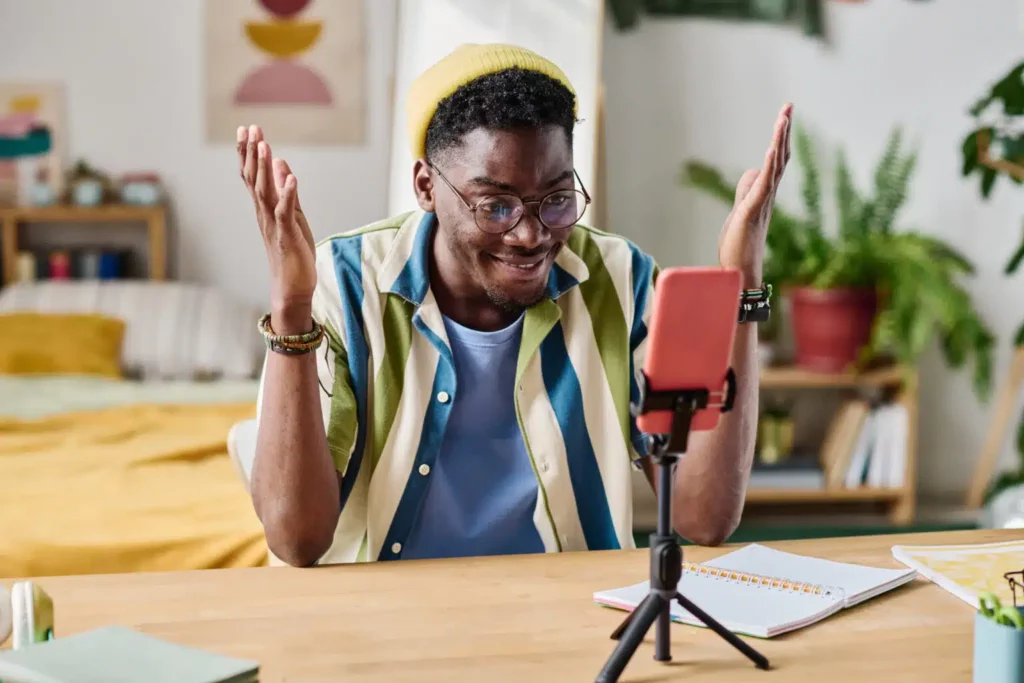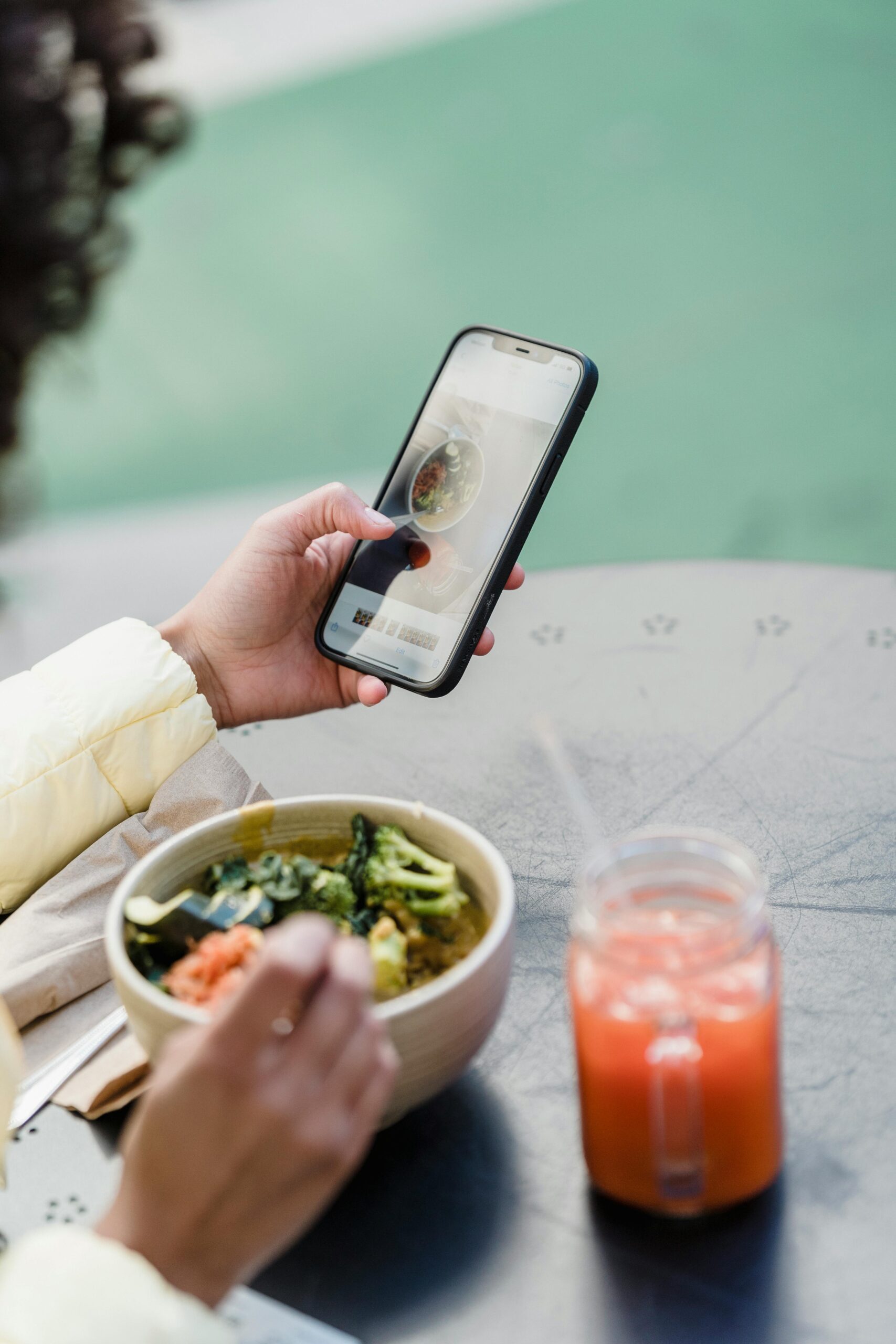Influencer marketing is one of the fastest-growing marketing strategies today. It is a proven way for businesses to reach their target audience, build brand awareness, and drive sales. The global influencer marketing market is expected to reach a staggering $16.4 billion in 2024 and the Data Bridge Market Research expects we reach $69.92 billion by 2029. This growth is being driven by the increasing popularity of social media and the growing trust that consumers have in influencers.
What is Influencer Marketing?
Influencer marketing is a type of marketing that involves working with influencers to promote a product, service, or brand. Influencers are social media personalities with a large following who can reach a large audience of potential customers.
Why is Influencer Marketing so effective and why use it?
- Influencers have a large and engaged following and are trusted by their followers.
- Influencers can produce heartfelt content that connects deeply with their viewers.
- Influencer marketing offers a high return on investment (ROI), although measuring its effectiveness can be challenging. Strategies to assess the ROI of influencer marketing campaigns include integrating traceable links within influencer-generated content, influencer-specific discount codes or monitoring customer engagement with influencer content.

The top 10 influencer marketing statistics you need to know
- 66% of brands are expected to increase their influencer marketing budgets.
- Over 80% of marketers plan to use influencer marketing in 2024.
- Influencer marketing campaigns generate 5 to 10 times the ROI of traditional advertising.
- Consumers trust recommendations from influencers 10 times more than traditional advertising.
- Influencer Marketing Campaigns Earn $5.78 for Every Dollar Spent on average.
- 40% of millennials feel that social media influencers know them better than their friends and 70% of teens on YouTube trust content creators more than celebrities.
- 80% of people surveyed buy something based on seeing a recommendation from an influencer.
- 75% of consumers trust recommendations posted on social media.
- 47% said that case studies are the most valuable influencer content.
- Nano-influencers have a 5% engagement rate, which is higher than mega-influencers with millions of followers.
What are Influencer Marketing Trends for 2024?
- The Rise of Micro-Influencers as brands seek more targeted and authentic partnerships
Micro-influencers, individuals with a smaller (10k-50k) but highly engaged following, are gaining significant traction in the influencer marketing realm. Businesses are increasingly recognizing the power of micro-influencers’ niche expertise and ability to forge authentic connections with their audience. Micro-influencers’ credibility and relatability resonate deeply with consumers, making them effective brand ambassadors and driving genuine engagement. Consumers are more discerning and demand authentic and transparent influencer partnerships.
- AI is transforming influencer campaign management.
Artificial intelligence (AI) is transforming the influencer marketing landscape, providing businesses with valuable tools for influencer discovery, campaign management, and performance measurement. AI algorithms can analyze vast amounts of data to identify influencers who match specific criteria, enabling businesses to make informed decisions about partnerships. AI can also automate tasks such as scheduling content, tracking campaign performance, and analyzing audience engagement.
For more information about AI in influencer marketing, check out this full report.
- VR and AR are creating immersive influencer experiences.
Immersive technologies like VR and AR have revolutionized how customers interact with online content, opening up new avenues for brands to connect with their audience. Influencer marketing, when combined with VR and AR, creates a symbiotic partnership that improves the campaign’s experience and interaction.

For more information about Influencer Marketing with VR and AR, you can read this great article on Medium.
- The metaverse is opening up new opportunities for influencer marketing.
The metaverse, a convergence of digital and physical worlds, is transforming the landscape of influencer marketing, offering innovative avenues for brands to connect with their target audiences and elevate their marketing strategies.
The immersive and interactive nature of the metaverse presents a unique opportunity for brands. Influencers can host virtual events, showcase products in interactive environments, and engage with their followers in a more personal and authentic way.
- Live shopping, a captivating blend of e-commerce and real-time engagement
Live shopping is poised to become an increasingly prominent feature of influencer marketing campaigns in 2024. As Shopify’s Marijana Kay aptly states, “Live commerce is here to stay.” Influencers and thought leaders will continue to leverage live video and interactive content on their preferred social media platforms to showcase products to their engaged communities.
- Rising Awareness of Diversity and Representation Issues in 2024
As society becomes more aware of the importance of diversity and representation, consumers are holding brands accountable for their marketing practices. This includes using influencers who represent a diverse range of backgrounds, ethnicities, genders, and abilities.
Demonstrating a commitment to diversity and representation can significantly enhance a brand’s reputation and credibility among consumers who value inclusivity.

How are Influencer Marketing Trends affecting businesses in 2024?
Influencer marketing is here to stay and that it is more important than ever before for businesses to develop a strong influencer marketing strategy.
How to develop an effective influencer marketing strategy in 2024?
How to Get Started with Influencer Marketing?
- Define your goals. What do you want to achieve with influencer marketing? Are you focused on expanding brand awareness, acquiring leads, or accelerating sales growth?
- Choose the right influencers. Work with influencers who have a strong following in your target audience and who are aligned with your brand values.
- Create authentic content. Consumers are savvy and can spot a fake from a mile away. Make sure your influencer partnerships are authentic and that the content they create is genuine.
- Measure your results. Track your influencer marketing campaigns using metrics such as reach, engagement, and conversions.
- Use a marketing agency specialized in influencer campaigns for a successful first campaign.
What are the best Influencer marketing tools for 2024?
TikTok and Instagram are the top platforms for influencer marketing. TikTok influencers have the highest engagement rates of social media influencers and 97% of marketers believe Instagram is the most important social media platform for influencer marketing.
Here are interesting resources and tools worth checking out:
Conclusion
If you are looking for more information on influencer marketing, here are some previous articles that might peak your interest :
UGC CONTENT TO ACHIEVE YOUR MARKETING GOALS
HOW TO CREATE ENGAGING UGC CONTENT
If you are interested in using influencer marketing for your next marketing campaigns, contact-us!





